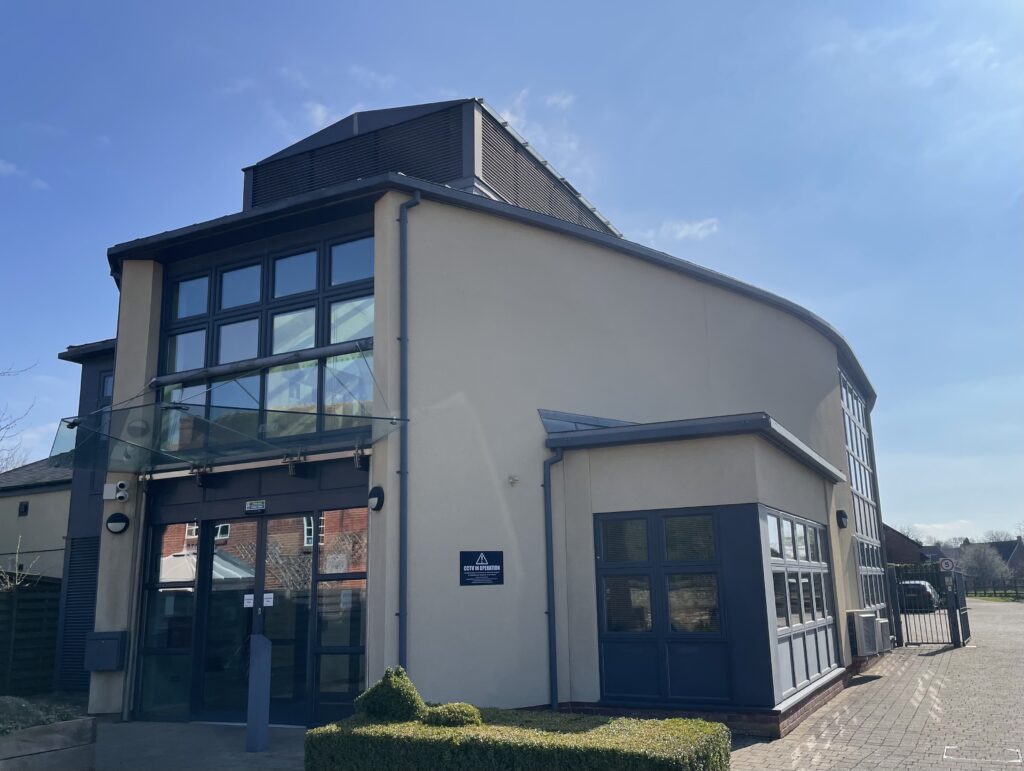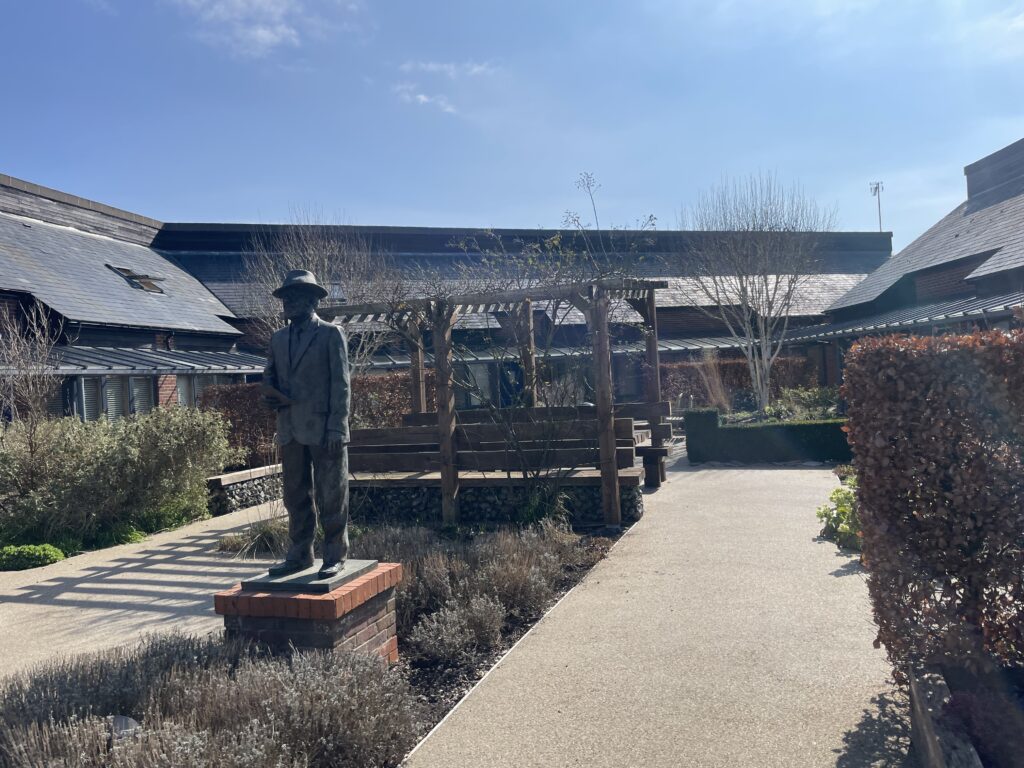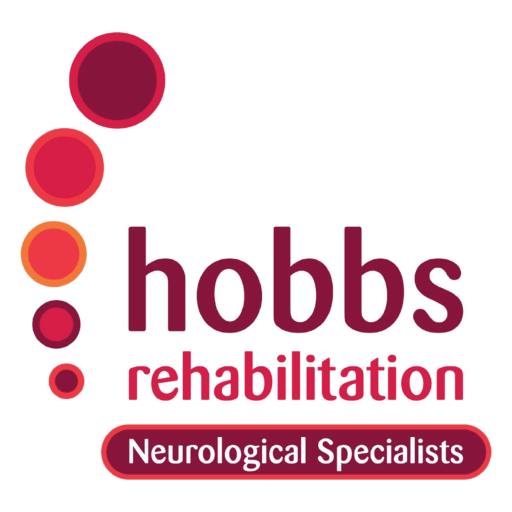At Hobbs Rehabilitation, the clinical excellence delivered by our team is the driving force behind the life-changing work we do every day.
Today, we’re excited to bring you an exclusive interview with Rachel Tams, Consultant Clinical Neuropsychologist, who has been a pivotal part of our neurological rehabilitation services. In this interview, we’ll dive into her professional journey, insights on clinical neuropsychology within neurological rehab, and what inspires her in her work with patients.
Get ready to learn more about the passion, expertise, and dedication that makes Hobbs Rehabilitation stand out.
How long have you worked at Hobbs Rehabilitation?
I’ve worked at Hobbs Rehabilitation for just over four years, joining on a part-time basis in September 2020. This was an interesting time to join Hobbs as we were still navigating the Covid-19 pandemic and adjusting our service delivery in response.
What are you responsible for as a Consultant Clinical Neuropsychologist at Oaksey House?
Based at Hobbs’ Oaksey House service in Lambourn, I work within the multidisciplinary team and have responsibility for providing a Clinical Neuropsychology service to our inpatients and outpatients. We offer specialist neurorehabilitation to adults who are living with a wide range of neurological conditions such as Stroke, Traumatic Brain Injury, Spinal Cord Injury, Multiple Sclerosis and Parkinson’s Disease.
Given the setting (we’re in the heart of horse racing country) and our close relationships with the racing and rugby world (through the Injured Jockeys Fund and the RFU Injured Players Fund), many of our patients have a connection to sport.
I also work closely with the other therapists in the multidisciplinary team at Oaksey House and see an important part of my role as supporting them with psychological aspects of their work.

What inspired you to pursue this career path?
I first became fascinated by the links between the brain and behaviour during my initial psychology degree (which included a one year neuroanatomy module at the university’s medical school).
Several years later, when completing my Clinical Psychology training in South Wales I was lucky enough to be offered a placement at Rookwood Hospital, a specialist neurological centre. This provided me with my first experiences of working with patients and families affected by acquired brain injuries and spinal cord injuries, and observing the impact of patient-centred neurorehabilitation on someone’s quality of life after injury or illness. It also confirmed that this was the area I wanted to work in.
After qualifying as a Clinical Psychologist, I chose to specialise in neuropsychology, completing further training in this area, a decision I have never regretted.
What was life like before joining Hobbs Rehabilitation?
Prior to joining Hobbs I worked in the NHS. For most of this time (over 20 years) I worked in a specialist neurorehabilitation service in Oxford (the Oxford Centre for Enablement, formerly Rivermead Rehabilitation Centre). Over the course of my NHS career I worked with, and learnt from, many amazing professionals, patients and families within this neurorehab setting. My NHS career also provided me with a range of additional opportunities, such as training and supervising others.
What does a typical day look like for you now you are at Hobbs?
A typical day starts with catching up with the team and any key communication since I was last in the office. The day will then be taken up with a variety of clinical work.
Work as a Clinical Neuropsychologist is broad-ranging, for example, during the day I may meet with a new inpatient to explain my role and to explore their psychological support needs during their admission; I may be conducting a neuropsychological assessment with a patient in order to build up a clearer picture of their of thinking skills (in areas such as memory, attention, speed of thinking and decision making); and later delivering talking therapy (e.g. working with someone who is experiencing feelings of anxiety or low mood, or having difficulties adjusting to their changed circumstances).
My day will also include related clinical liaison and admin (for example, talking to professionals in the community; writing a report giving feedback on assessment or someone’s progress in therapy).
The day may also include one of our regular team meetings during which we’ll discuss plans and progress with current or upcoming clients.

What is your biggest work accomplishment?
It is difficult to identify a particular stand-out moment in my career. Becoming a Clinical Neuropsychologist and working for many years in neurorehabilitation are what I’m most proud of achieving. I continue to find my work interesting, challenging and rewarding – it remains a privilege to work with patients and families as they navigate their personal journeys after life-changing injury or diagnosis.
What is your favourite thing about working for Hobbs Rehabilitation?
I can’t narrow it down to just one, there are a few! Working in a dedicated team of very experienced and caring professionals; having the time and flexibility to be truly patient-centred in what we offer; finally, working at Oaksey House in a unique and peaceful setting.
Finally, what can patients expect to achieve from your treatment sessions?
I hope that patients feel sessions with me help them gain a better understanding of the psychological consequences of their neurological condition – and to feel better equipped to manage these. For example, implementing strategies and adaptations to minimise the impact of identified cognitive changes on everyday life; being able to identify unhelpful patterns of thinking and behaviour and making positive changes when noticing these.
Neuropsychology sessions at Oaksey usually form one aspect of an individual’s coordinated multidisciplinary rehabilitation programme – and through this holistic approach we aim to increase independence, engagement in meaningful and valued activities and roles, and ultimately improve someone’s quality of life.
I have an interest in Acceptance and Commitment Therapy and compassion-focused approaches when working therapeutically – and ‘living well’ with a neurological condition is a key focus of my work.
Closing Thoughts
It’s clear from our conversation with Rachel that her passion and dedication to her patients is truly inspiring. We hope this interview has provided a deeper understanding of the expertise, care, and commitment that drives our team.
If you’d like to learn more about our services or how we can help, please complete the contact form on our website.

